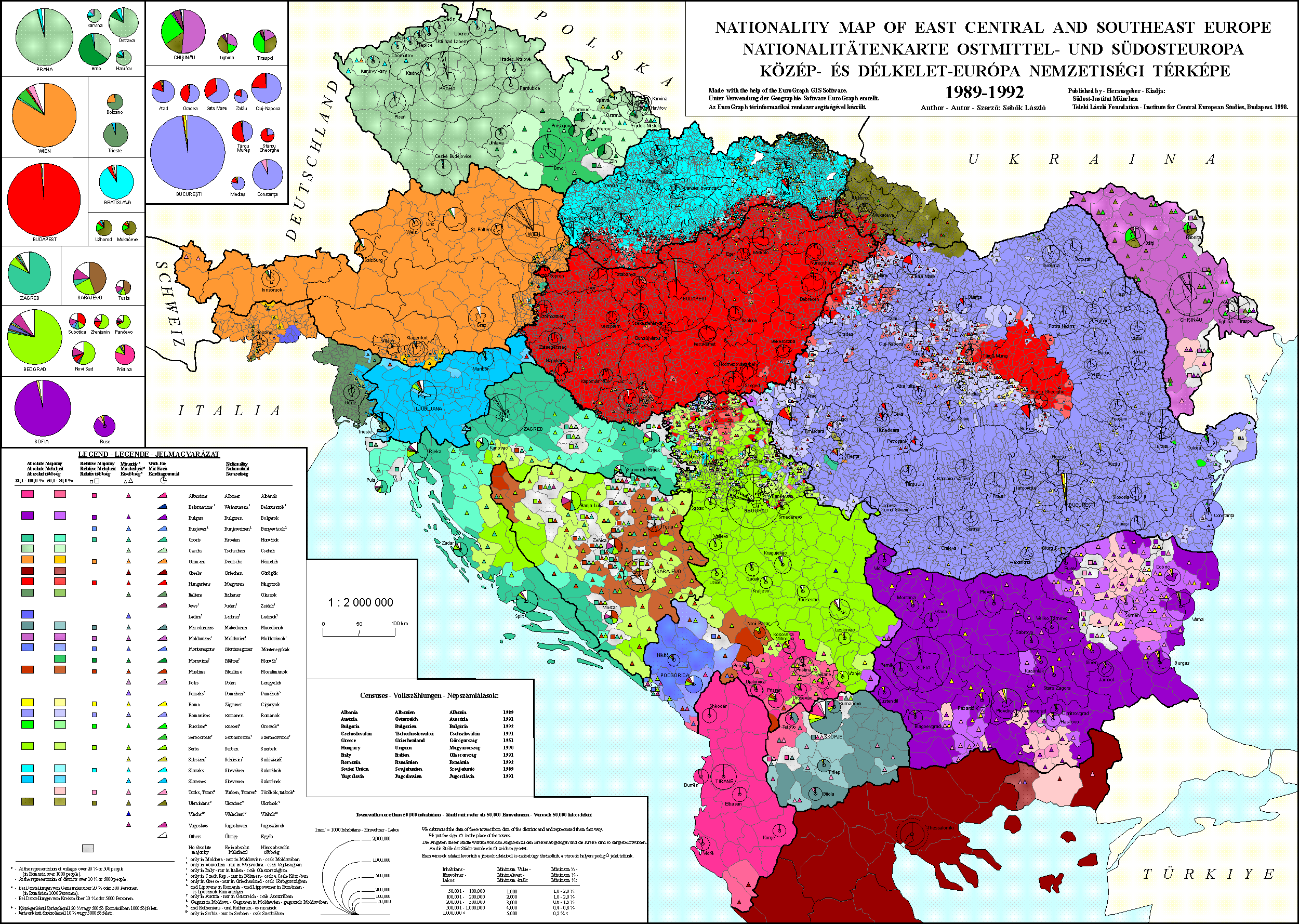Boreas
Regular Member
- Messages
- 708
- Reaction score
- 98
- Points
- 0
- Location
- Istanbul
- Ethnic group
- Rumî
- Y-DNA haplogroup
- R-YP346
- mtDNA haplogroup
- J1b1b1

Detail aboult dialects? Example, I am wondering how close standard Italian to Veneto? Sardinian seems far to me
Any data about Turkic lang.-Iranic lang. ? :grin:
There are really interesting information, we can get it as;

Bokmal Norwegian(Red) is very close to Danish, instead of Nynorks Norwegian (Blue)
*Celtic languages are very far from each other.
*I thought, Danish was close to German as much as Dutch, but, it seems I am wrong. Danish is far as almost English.
*Bulgarian is more close to Russian then Ukranian
The other part is the effect of Languages on Nationalism ???
I didn't know that Serbian and Croatian that much similar.
What do you thing of new nations Montenegrins and Macedonians ?
.jpg)


